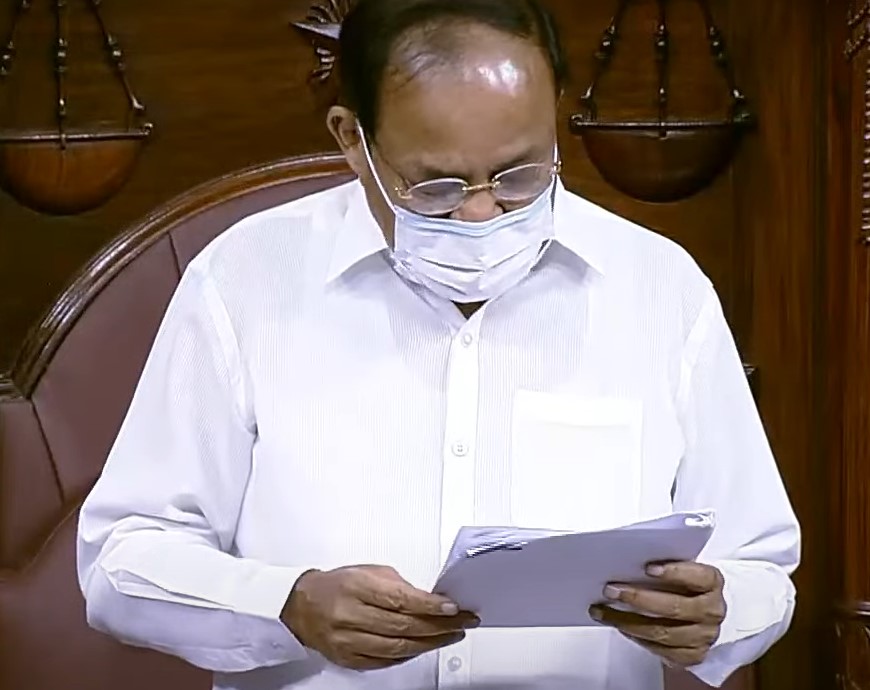The COP28 Summit, the annual United Nations conference on climate change, concluded on Saturday in Dubai, United Arab Emirates, with a renewed commitment from world leaders to accelerate the transition to a low-carbon and resilient future.
The summit, which was attended by more than 70,000 delegates from 197 countries and regions, focused on three main themes: fast-tracking the move to clean energy sources, delivering money for climate action from richer to poorer countries, and working on a new deal for developing nations focusing on nature and people.
Fast-tracking the move to clean energy sources
One of the key outcomes of the summit was the Dubai Declaration, a joint statement by more than 100 countries that pledged to slash their greenhouse gas emissions by at least 45% by 2030, compared to 2010 levels, and to achieve net-zero emissions by 20502.
The declaration also called for phasing out coal power, ending fossil fuel subsidies, and scaling up renewable energy and energy efficiency.
Prime Minister Narendra Modi of India, who hosted the World Climate Action Summit (WCAS) on the sidelines of COP28, announced that India would increase its share of non-fossil fuel energy capacity to 500 gigawatts by 2030, up from the previous target of 450 gigawatts.
He also said that India would reduce its carbon intensity by 45% by 2030, compared to 2005 levels, and aim to achieve net-zero emissions by 2070.
“India is not only meeting its Paris Agreement targets, but also exceeding them,” Modi said in his speech at the WCAS.
From clean energy to nature-based solutions: COP28 highlights the key themes for climate action
COP28: Delivering money for climate action from richer to poorer countries
Another major issue that was discussed at COP28 was the delivery of the $100 billion per year that developed countries had promised to provide to developing countries to help them cope with the impacts of climate change and transition to a green economy.
The pledge, which was made in 2009 and was supposed to be fulfilled by 2020, has fallen short by about $20 billion, according to a recent report by the Organisation for Economic Co-operation and Development (OECD).
At COP28, several countries announced new or increased contributions to the Green Climate Fund (GCF), the main multilateral channel for climate finance, including Germany, France, Canada, Japan, and the United Kingdom.
The GCF said it had received pledges totaling $15.4 billion for its second replenishment period (2020-2023), exceeding its initial target of $15 billion.
However, some developing countries and civil society groups expressed disappointment that the $100 billion goal was not met, and called for more transparency and accountability in the allocation and delivery of climate finance.
COP28: Working on a new deal for developing nations focusing on nature and people
The third theme of COP28 was the recognition of the special needs and circumstances of developing countries, especially the least developed countries (LDCs) and the small island developing states (SIDS), that are most vulnerable to the effects of climate change.
The summit adopted the Dubai Action Plan, a framework for enhancing the support and cooperation for these countries, with a focus on adaptation, resilience, and loss and damage.
The plan also emphasized the importance of nature-based solutions, such as restoring forests and wetlands, and the role of indigenous peoples and local communities in protecting biodiversity and ecosystems.
The COP28 president, Abdullah bin Zayed Al Nahyan, the foreign minister of the UAE, highlighted the progress made by African countries in their energy transition, and announced a new initiative to mobilize $10 billion for renewable energy projects in the continent.
He also praised the efforts of the UAE, the first country in the Middle East to host a COP, in diversifying its economy and reducing its dependence on oil.
“COP28 has been a historic moment for the UAE and the region. We have shown the world that we are serious about climate action and that we are ready to lead by example,” he said in his closing remarks.
Looking ahead to COP29
The COP28 Summit was seen as a crucial step towards the implementation of the Paris Agreement, the landmark deal that aims to limit global warming to well below 2°C, preferably 1.5°C, above pre-industrial levels.
The agreement, which entered into force in 2016, requires countries to submit their nationally determined contributions (NDCs), or their plans to reduce their emissions and adapt to climate change, every five years.
The summit also marked the first global stocktaking of the collective progress and ambition of the parties, a process that will be repeated every five years.
The next COP, COP29, will be held in Egypt in 2024, and will be the first opportunity for countries to update their NDCs and raise their ambition in line with the latest science and the 1.5°C goal.
The UN Secretary-General, Antonio Guterres, who attended COP28, urged the world leaders to maintain the momentum and the spirit of solidarity that was demonstrated in Dubai.
“We have made important progress, but we are still far from where we need to be. We cannot afford to lose sight of the urgency and the scale of the challenge. We must act now, and we must act together, to save our planet and our future,” he said.






